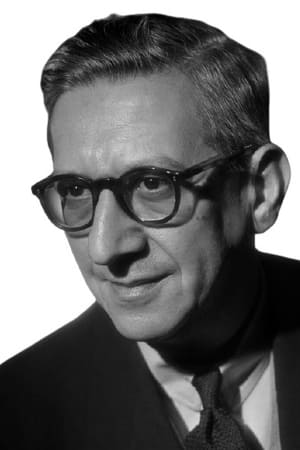Henri Sauguet (1901-1989)
Alias:
Henri-Pierre Poupard
Birthplace:
Bordeaux, France
Born:
May 18, 1901
Died:
June 22, 1989
Henri-Pierre Sauguet-Poupard (18 May 1901 – 22 June 1989) was a French composer. Born in Bordeaux, he adopted his mother's maiden name as part of his professional pseudonym. His output includes operas, ballets, four symphonies (1945, 1949, 1955, 1971), concertos, chamber and choral music and numerous songs, as well as film music. Although he experimented with musique concrète and expanded tonality, he remained opposed to particular systems and his music evolved little: he developed tonal or modal ideas in smooth curves, producing an art of clarity, simplicity and restraint. Sauguet started learning the piano at home when he was five years old. Later he was taught by the organist of the church of Sainte-Eulalie de Bordeaux. On the mobilization of his father in 1914, he was required to earn a living at a very young age. Eventually employed by the Prefecture of Montauban in 1919–1920, he formed a friendship with Joseph Canteloube, a former pupil of Vincent d'Indy. Together they collected and harmonized traditional songs under the title Chants d'Auvergne (Songs of Auvergne). During this period too he continued his musical education with local organists and himself served as organist at the small church of St-Vincent de Floirac just outside the city (1916–22). Sacred music, and especially organ arrangements, were to influence him for the rest of his life. One may instance the pieces he later wrote for organ and various combinations of instruments: Oraisons, with four saxophones (1976); Ne moriatur in aeternum, with trumpet (1979); Church Sonata, with string quintet (1985). When Henri Collet dubbed a group of Paris-based composers Les Six, Sauguet started writing to one of its members, Darius Milhaud. He also began to refer to himself and two Bordeaux friends, Louis Emié and Jean-Marcel Lizotte (another composer and a poet-musician), as 'Les Trois'. Their first concert took place on 12 December 1920. This included performances of works by 'Les Six' (Georges Auric, Louis Durey, Arthur Honegger, Germaine Tailleferre, Darius Milhaud and Francis Poulenc), together with "Erik Satie et la jeune musique française". Among compositions by all three local exponents of 'the young French music' were Sauguet's four-handed Danse nègre and his Pastorale pour piano. Sauguet's correspondence with Milhaud led to the composer asking to see some of his works. He wrote a piano suite called Trois Françaises (Three Frenchwomen) which so impressed Milhaud that he encouraged the young man to move to Paris. Arriving in October 1921, he found work as a secretary at the Guimet Museum. For some six years he studied composition with Charles Koechlin, whom he credits with helping him understand music within its own context and find his own voice. ... Source: Article "Henri Sauguet" from Wikipedia in English, licensed under CC-BY-SA 3.0.





